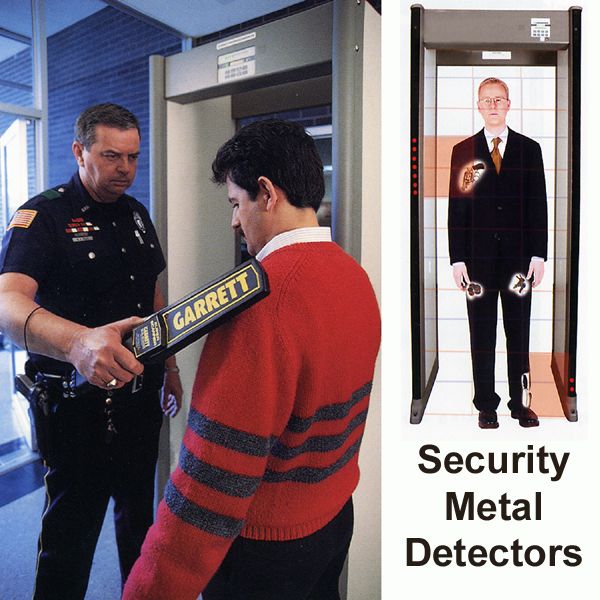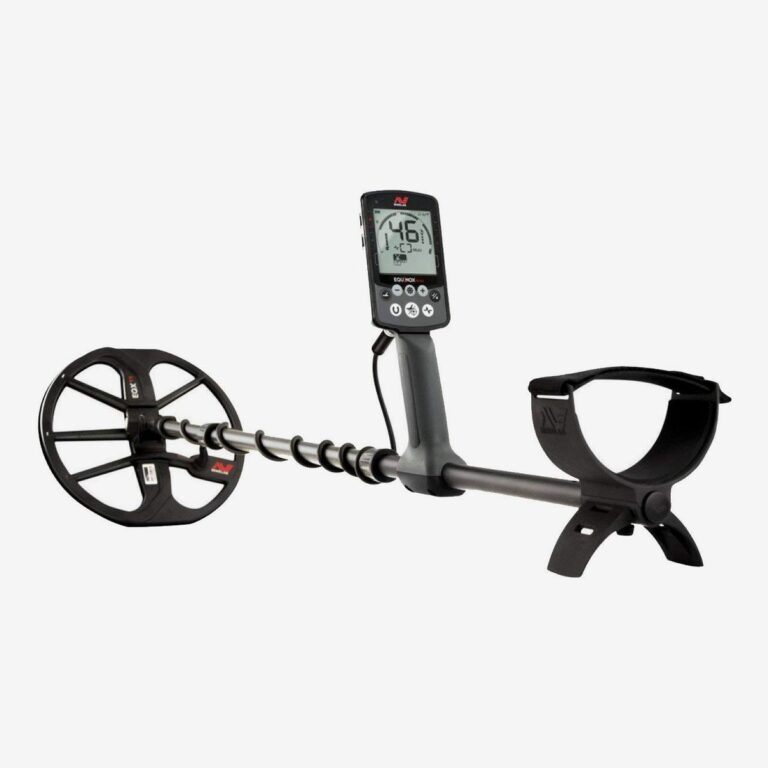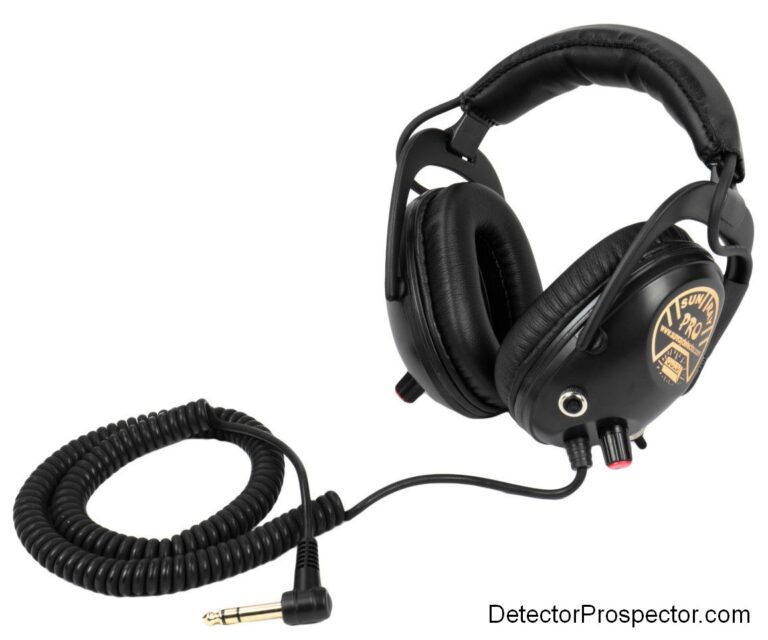What Do Security Metal Detectors Detect
Security metal detectors are devices used to scan people and their belongings for weapons or other items that may pose a threat. The most common type of security metal detector is the handheld wand, passed over the body of the person being scanned. Security metal detectors can also be portable units set up at entrances to buildings or events, or they can be stationary units permanently installed in high-security areas.
Security metal detectors are designed to detect the presence of metal objects. They can be used to screen people, baggage, and cargo for the presence of weapons or other metallic items that may pose a security threat. Metal detectors are also commonly used in public places like schools and government buildings to deter potential threats and maintain safety.
When a security metal detector is turned on, it emits a magnetic field extending from the device. This field interacts with any metallic objects in its vicinity, causing them to emit their magnetic fields. The security metal detector picks up these signals and uses them to identify the location of the metallic object.
Most security metal detectors can detect all types of metals, including ferrous (iron-containing) and non-ferrous metals such as aluminum and brass. Some detectors can discriminate between different types of metals, which can be helpful in certain situations (for example, if you’re looking for a specific type of weapon). However, Discrimination mode is not always available or necessary—in many cases, simply detecting the presence of any metal is enough.
So, will you get the full answer to the question of What Do Security Metal Detectors Detect? Not really! Check for more!

What Do Walk-Through Metal Detectors Detect
Walk-through metal detectors are designed to detect the presence of metal objects on a person’s body. Most walk-through metal detectors use low-frequency magnetic fields to sense the presence of metal. When a person carrying metal walks through the detector, the magnetic field is disturbed, and this disturbance is detected and registered by the machine.
There are two main types of walk-through metal detectors: single-zone and multi-zone. Single-zone detectors have one detection zone, typically in the center of the archway, while multi-zone detectors have multiple detection zones that cover the entire width of the archway. Multi-zone detectors are more sensitive than single-zone detectors and can more accurately pinpoint the location of metal on a person’s body.
Walk-through metal detectors are used in various settings, including airports, government buildings, schools, sporting events, and concerts. They are an effective way to screen large numbers of people quickly and efficiently.
How Do Security Metal Detectors Work
Security metal detectors are devices that are used to detect the presence of metals. These detectors can be used to detect both ferrous and non-ferrous metals. The working principle of these detectors is based on the fact that all metals can conduct electricity.
When a metal object is placed in a magnetic field, it creates a disturbance. Security metal detectors can detect this disturbance. There are two types of security metal detectors: induction-balance and pulse-induction.
Induction-balance detectors work by creating an alternating current in a coil of wire. When a metal object is placed in this magnetic field, it disturbs the current and causes a signal to be emitted. Pulse-induction detectors send out pulses of electricity through a coil of wire.
When these pulses come into contact with a metal object, they cause reflections that the detector can detect.
What Can Metals not be detected by a Metal Detector?
As you might expect, a metal detector cannot detect all metals. There are several common metals that metal detectors cannot detect.
These include:
- Aluminum – This is the most common metal that a metal detector cannot detect. Aluminum is widely used in everything from foil to cans to siding. While it is possible to find aluminum detectors, they are rare and expensive.
- Stainless Steel – Another common metal that a standard metal detector cannot detect is stainless steel. This includes items like flatware, kitchen appliances, and medical equipment. Again, specialized detectors are available but come at a high price tag.
- Copper – Copper is another difficult one for standard detectors because it needs better conduct electricity. That said, newer models of detectors are starting to include settings specifically for detecting copper, so this may be fine for long. 4. Titanium – Titanium is often used in aerospace engineering and other high-tech applications due to its strength and lightweight nature.
Do Walk-Through Metal Detectors Detect Aluminum
While walk-through metal detectors are designed to detect all types of metal, including aluminum, they are only sometimes 100% effective. Several factors can affect how well a detector works, including the type of metal being detected, the metal object’s size and shape, and the metal’s orientation around the detector. In general, however, most walk-through metal detectors should be able to detect aluminum objects larger than a few inches in size.
How Do Metal Detectors Work
How Do Metal Detectors Work? Have you ever wondered how those little hand-held metal detectors work? Or, maybe you’ve seen the larger ones at airports and other public places.
They all use the same basic technology to find metal objects. Here’s a quick rundown of how they work: Metal detectors contain an oscillator that produces an alternating current. This current passes through a coil of wire, which creates a magnetic field.
When this field comes into contact with a piece of metal, it disturbs the current in the coil. The electronics then detect this disturbance in the detector, which sets off an alarm or LED light to alert the user. Pretty simple.
But several different types of metal detectors are on the market, each designed for specific uses. For example, some models are more sensitive and can pick up very small pieces of metal (like coins). Others are waterproof and can be used in shallow water to search for lost jewelry or other objects.
Industrial-grade detectors are also used in construction or mining to locate buried pipes or cables. Whether you’re looking for lost treasure or want to avoid setting off security alarms, understanding how metal detectors work is helpful knowledge!
What Cannot Be Detected by a Metal Detector?
A metal detector cannot detect several items.
These items include:
- Wooden objects – since wood is not metallic, it will not be picked up by a metal detector.
- Plastic objects – same reason as above, plastic is also not metallic and, therefore, will not set off a metal detector.
- Glass objects – while glass can sometimes contain small amounts of metal (e.g. in the form of lead), it is generally not enough to trigger a metal detector.
- Organic matter – like leaves, twigs, etc., are made mostly of organic compounds and will not register on a metal detector.
What Objects Will set off a Metal Detector?
There are a variety of objects that will set off a metal detector. The most common are ferrous or iron-based metals such as steel. Other metals, such as aluminum, brass, and copper, can also trigger a metal detector.
Even non-metallic items can cause a metal detector to sound if they contain traces of metals.
What Sets off a Walk-Through Metal Detector?
When you pass through a metal detector, the machine beeps because of the conductive properties of metal. Metal is a good conductor of electricity, which means it can carry an electrical current. When that current passes through the coil in the metal detector, it produces a magnetic field.
The magnetic field then interacts with the metals on your body, which creates a secondary magnetic field. That’s what sets off the alarm on the metal detector.
Do Metal Detectors Detect Other Things?
Most metal detectors can only detect metals. However, some high-end models can detect other materials like wood or plastics.
What Do Security Metal Detectors Detect
After a lot of research, we’re closing the conclusion, and we hope you’ll get the proper answer to the question of what do security metal detectors detect.
Conclusion
Security metal detectors are devices that are used to detect the presence of metals. These detectors can be used to detect the presence of both ferrous and non-ferrous metals. Ferrous metals are those that contain iron, while non-ferrous metals do not contain iron.
There are several types of security metal detectors, each with advantages and disadvantages. The most common type of detector is the pulse induction metal detector. This type of detector uses a magnetic field to identify the presence of metals.
Another type of detector is the induction balance metal detector. This type of detector uses an electrical current to identify the presence of metals.







